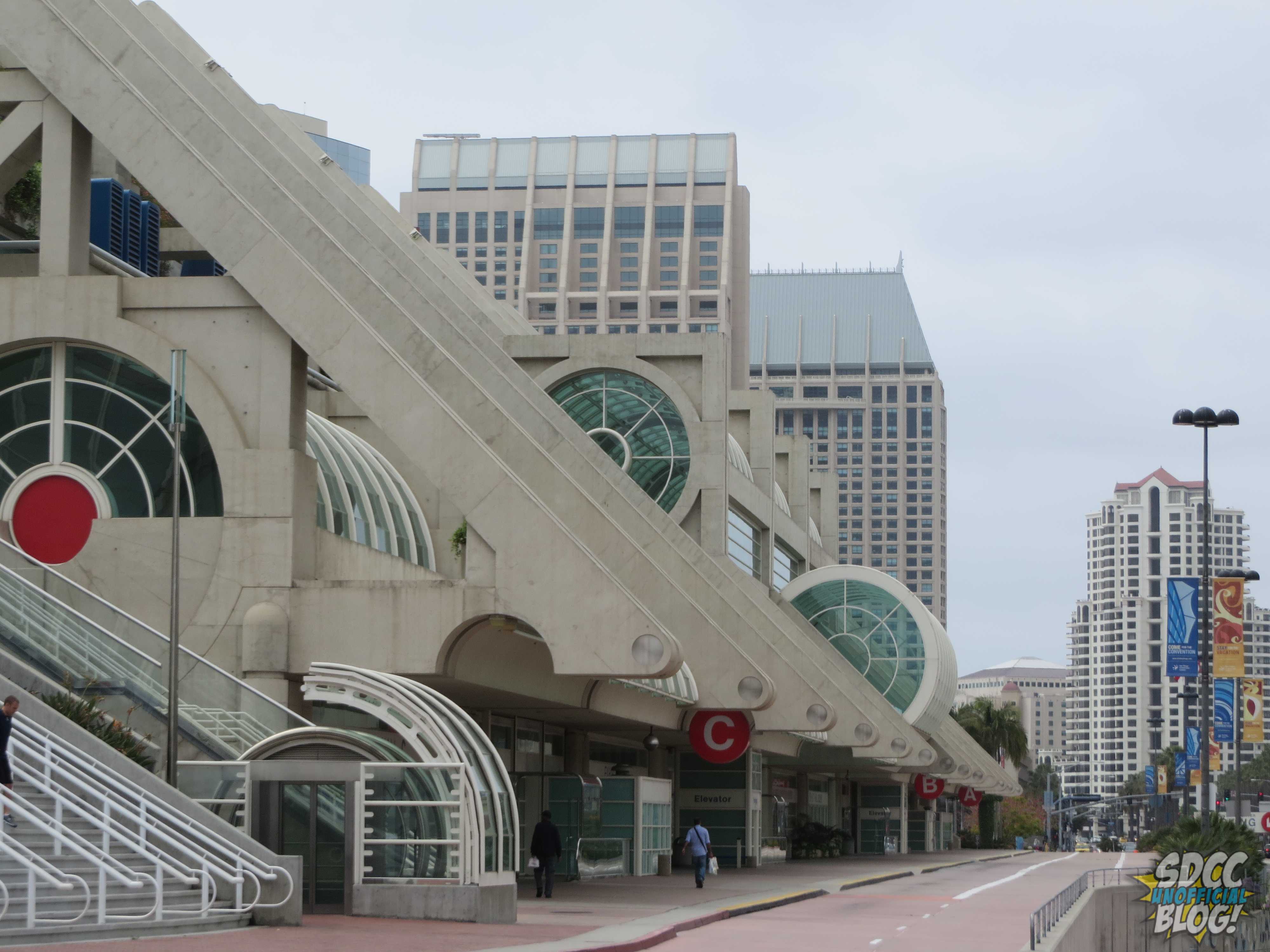 If it feels like we’ve been talking about the possible expansion of the San Diego Convention Center forever, it’s because we have. But with the March 3 San Diego election looming, there is new hope for those hoping to make it a reality.
If it feels like we’ve been talking about the possible expansion of the San Diego Convention Center forever, it’s because we have. But with the March 3 San Diego election looming, there is new hope for those hoping to make it a reality.
Voters in San Diego will head to the ballot box on March 3 to choose whether to vote yes or no to Measure C (which you can read in full here), which looks to raise the hotel tax to fund a number of causes, including Convention Center expansion, homeless services, and street repair.
Although in 2016 Measure D, also known as the Citizens Plan, also sought to expand the Convention Center through a hotel tax, this new Measure C has several key differences. The 2016 measure sought to raise the hotel tax by 5%, raising it from 10.5% to 15.5%, which would have put San Diego’s hotel tax at one of the highest in the nation. Measure C proposes a tiered, and less severe, hotel tax increase — ranging from an increase of 1.25% (so 11.25% hotel tax total) to 3.25% (13.25% hotel tax total), with the rates increasing the closer the hotel is to downtown.
As the initiative explains, “This proposal ensures that customers of hotels likely to benefit the most from the results of this measure will pay the most.”
Of the total funds raised by the proposed tax increase in Measure C, 59% would go towards the Convention Center expansion (as well as upkeep), 31% would go towards homelessness services and programs (though the exact nature of what those funds would go towards doesn’t appear to be specified), and 10% would go towards street repair. However, through 2024, the 10% street repair funds would instead go towards homelessness services.
So with all of that said — what does it mean for you, the San Diego Comic-Con attendee?
For those who live in San Diego, the tax increase would be on out-of-towners, rather than locals (unless you stayed in a hotel, of course). So if the measure passes (which is still a big if, as it needs a 2/3 majority to pass), you can look forward to paying slightly more for your hotel room. But really, what’s 3.25% when the hotel costs $400 a night anyway, right?
There doesn’t appear to be a timeline for any sort of expansion efforts laid out in the plan, or even what those expansion plans might look like. There have been several plans over the years, including both contiguous (meaning it would be an add-on to the current facility) and off-campus (meaning a separate, non-connected building).
The initiative notes that “Comic-Con and many other major conventions have long asked for a larger and more modern Convention Center”. Comic-Con has long said that their revenue is essentially capped because capacity is capped — but it’s also hard not to believe that even if the convention center were expanded, that this wouldn’t be a continuing “issue”. After all, sure, Comic-Con’s revenue would grow for one year as the attendance size ballooned. But the following year, it would continue to be basically flat, as attendance would still be capped, just at the new normal.
And really, the convention center size is just part of the puzzle when comparing other convention centers. Neither LA nor Anaheim compare in size (San Diego ranks as the 7th largest convention center in the US, with 2.6 million square feet — compare that to Anaheim’s 1.6 million or LA’s 867,000). And neither LA, Anaheim, Vegas, or any other convention center in the US really offers the same “campus” feel as downtown San Diego during San Diego Comic-Con. Consider how much of the convention spills into the streets and surrounding hotels and areas. That wouldn’t happen in any other city.
Basically, regardless of how Measure C shakes out in March, San Diego continues to be California’s premiere convention center… and Comic-Con probably isn’t going anywhere.






